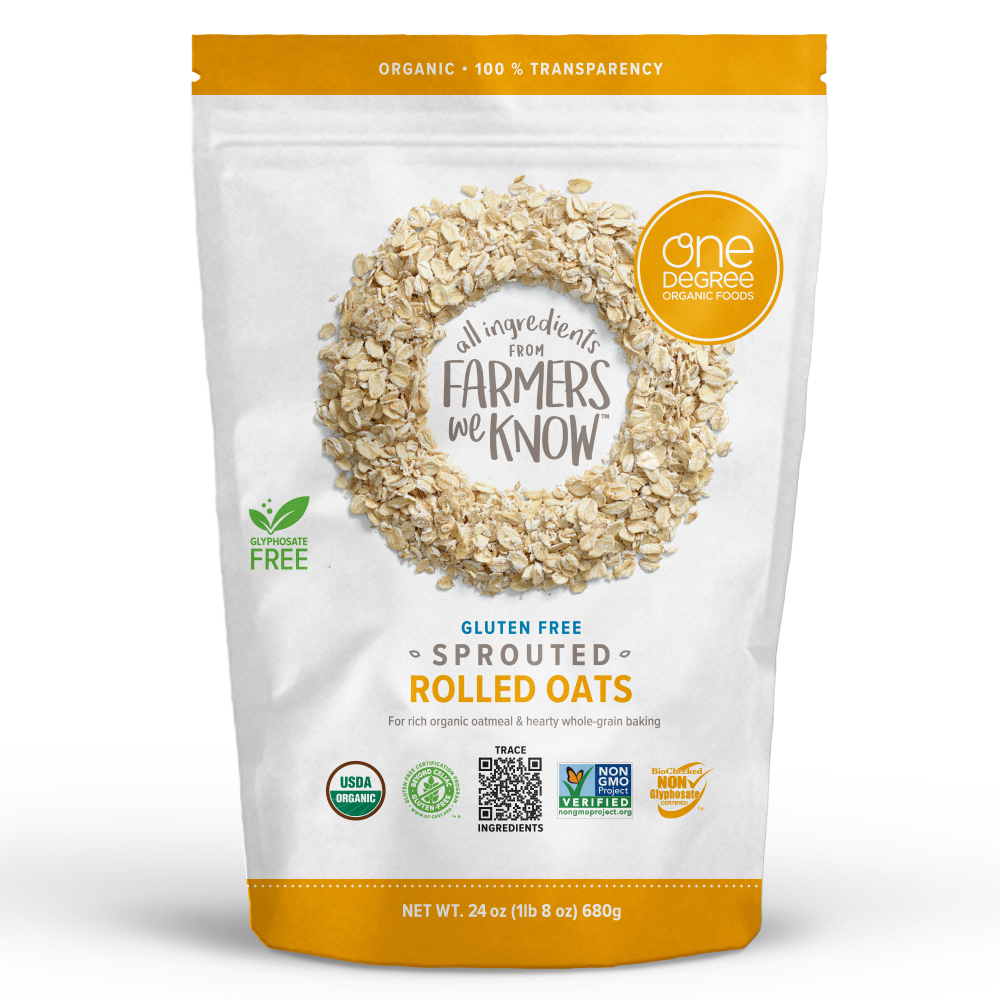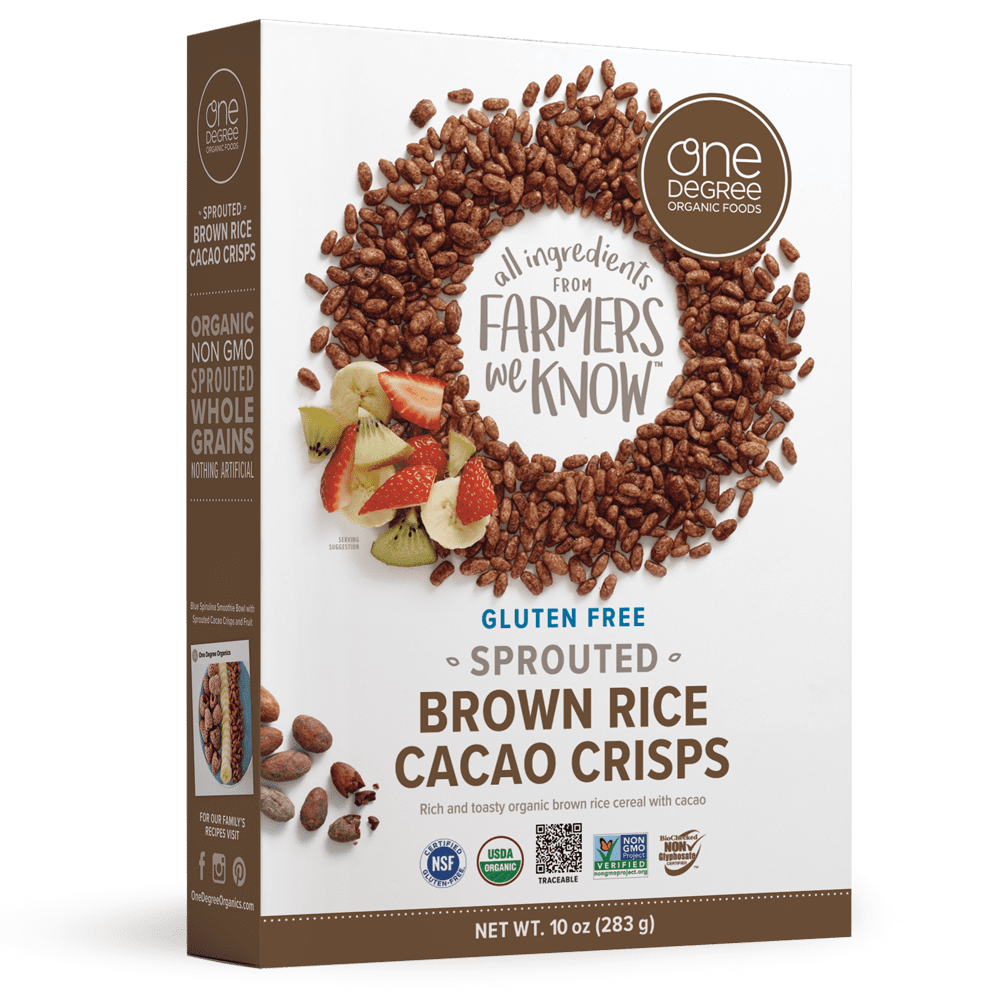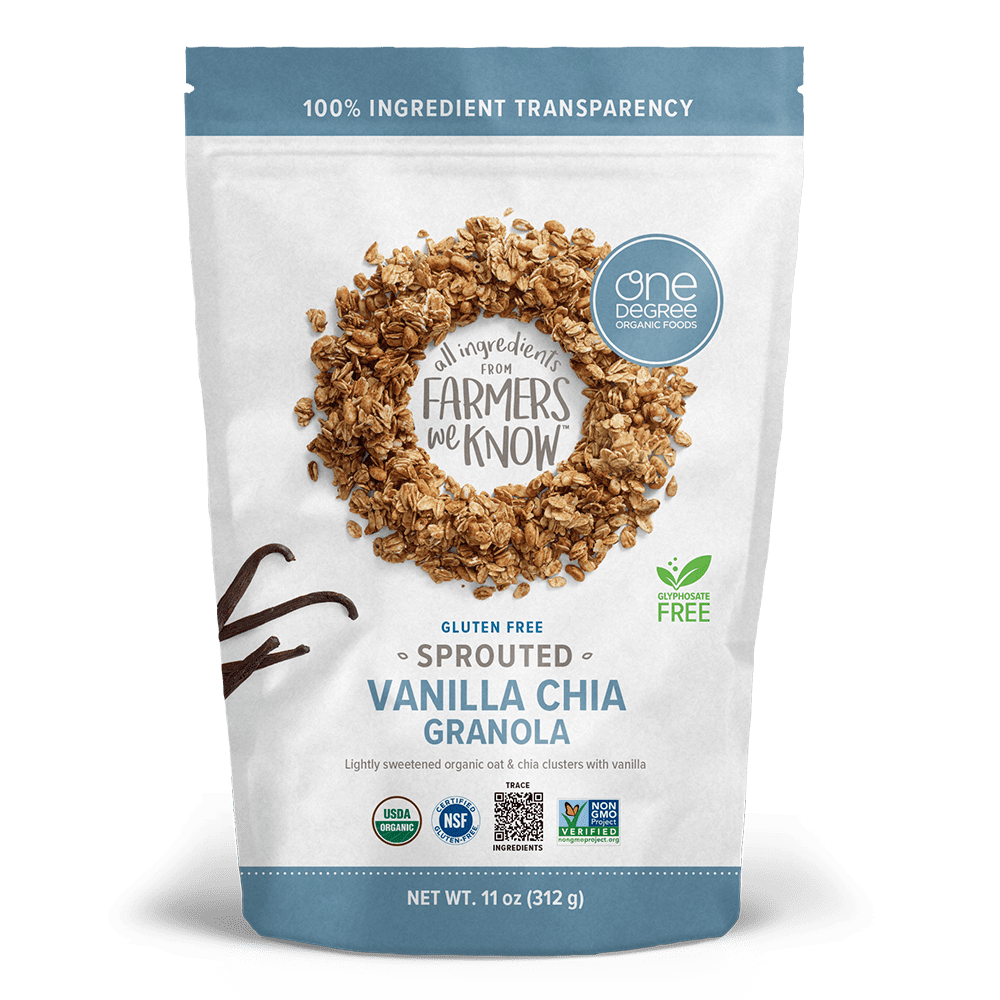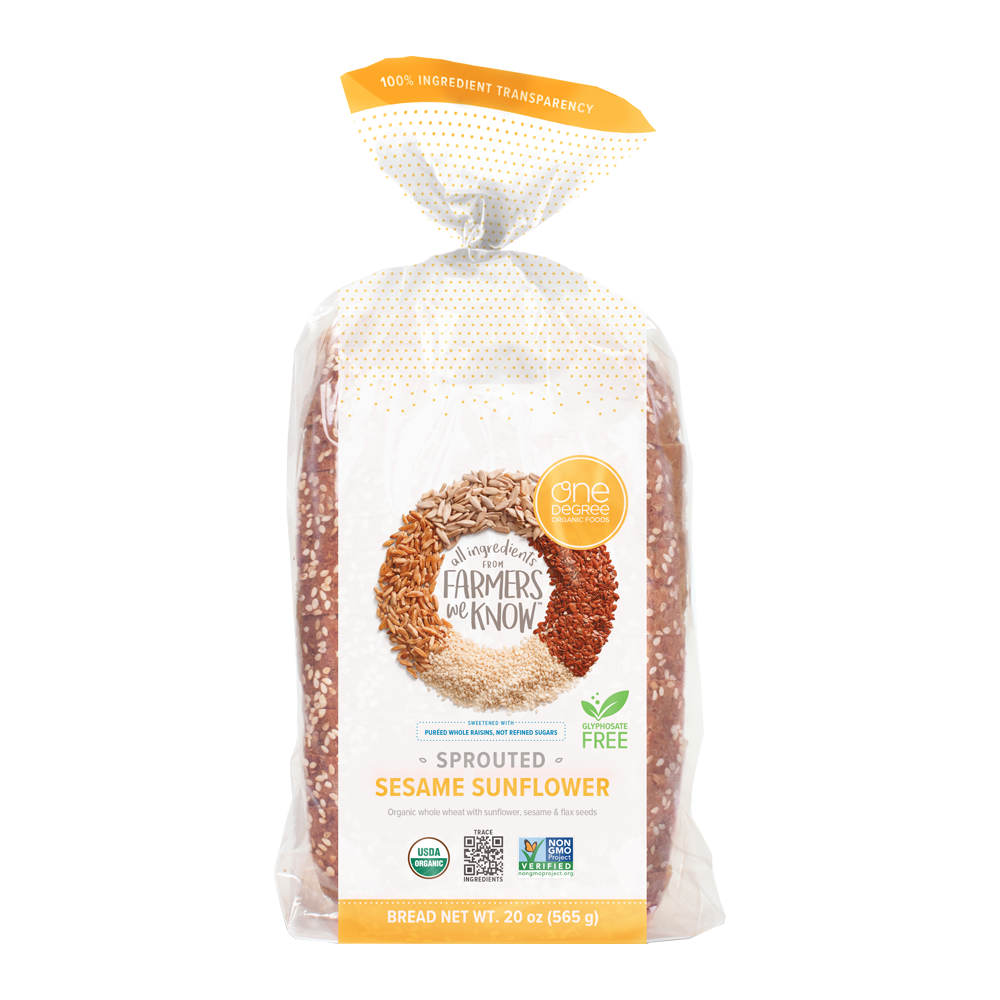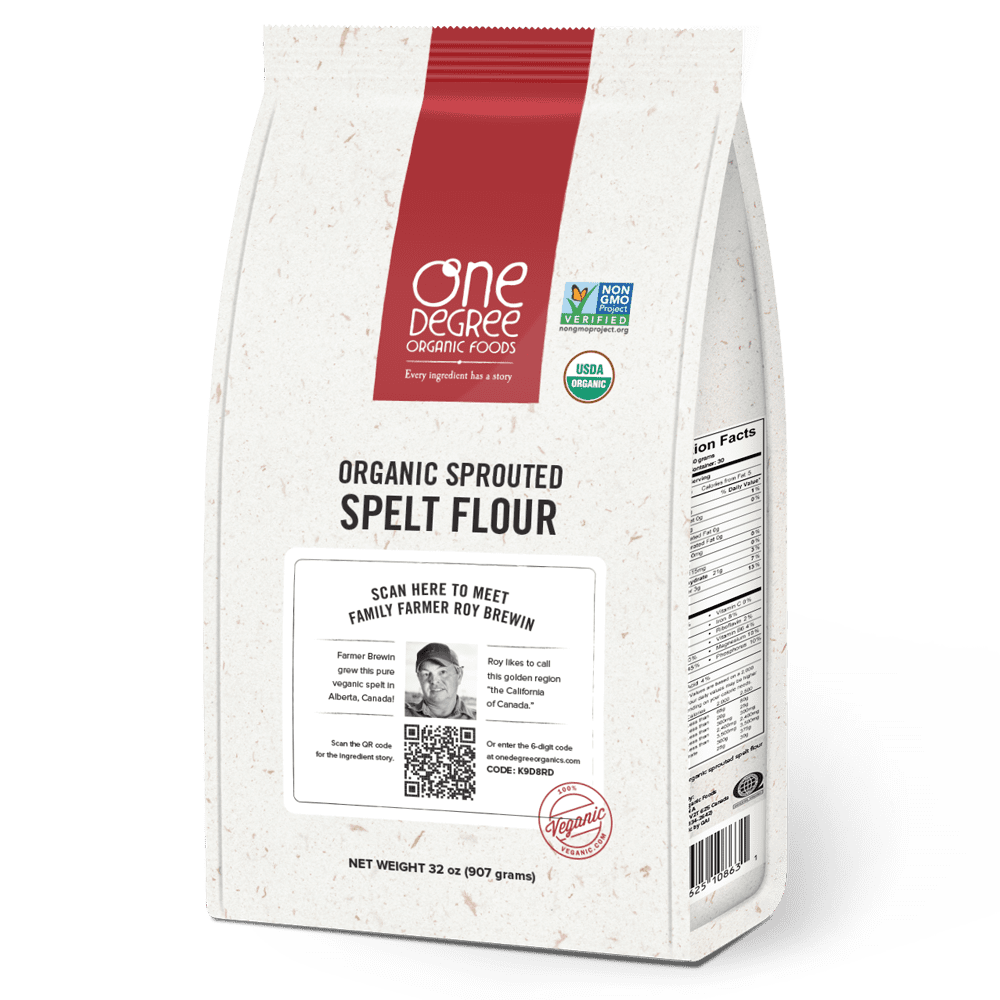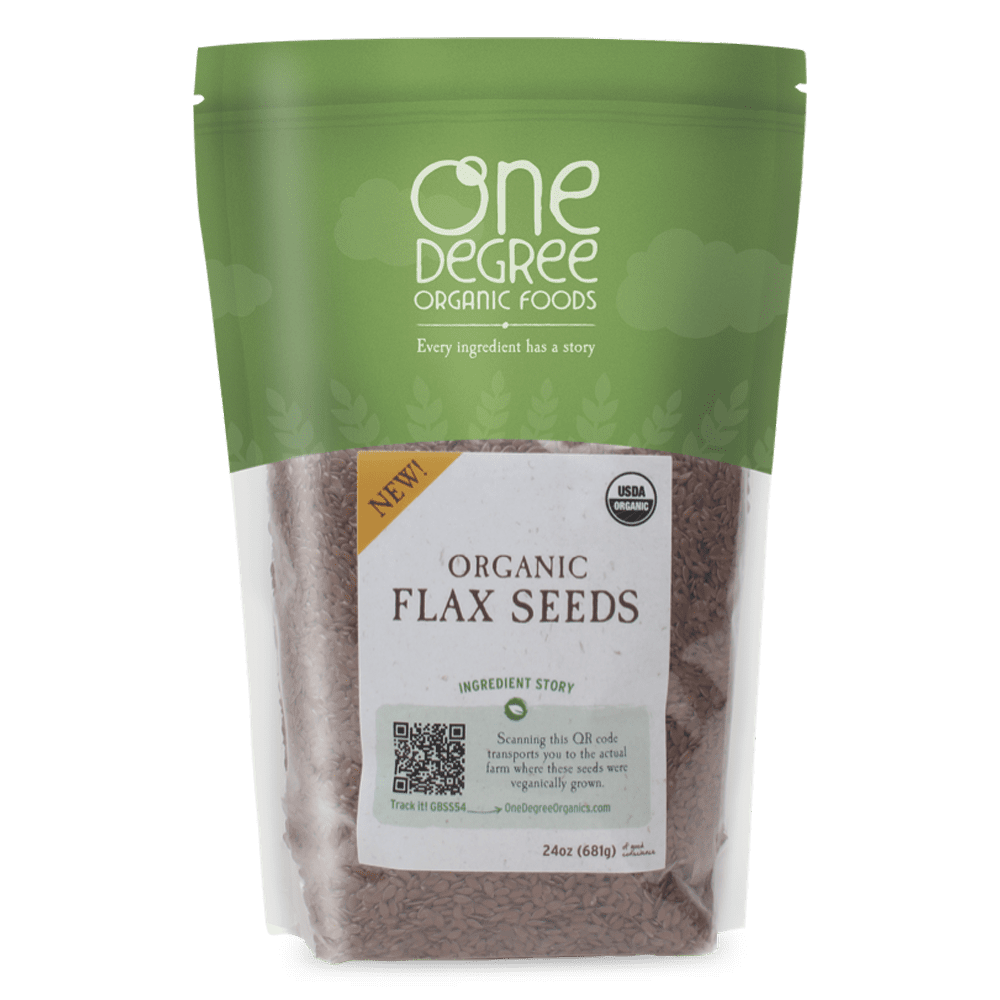Sorghum
Santa Elena Farm
Diego Fontenla farms in a wondrous place in eastern Argentina called Tres Arroyos, the three streams.
In this emerald-green land, we imagined the streams as crystalline brooks welling up from the earth, a metaphorical trio of tributaries whose quickening tides would carry any idealistic organic farmer to success: Wisdom, courage, and heart. The wisdom to learn from the land; the courage to take a stand for the environment; the heart to care deeply about every consumer’s health.
All of these essential qualities are on display at Diego’s Santa Elena Farm, where pure veganic sorghum reaches skyward, and dreams of a journey over the horizon to One Degree’s North American mills and bakeries.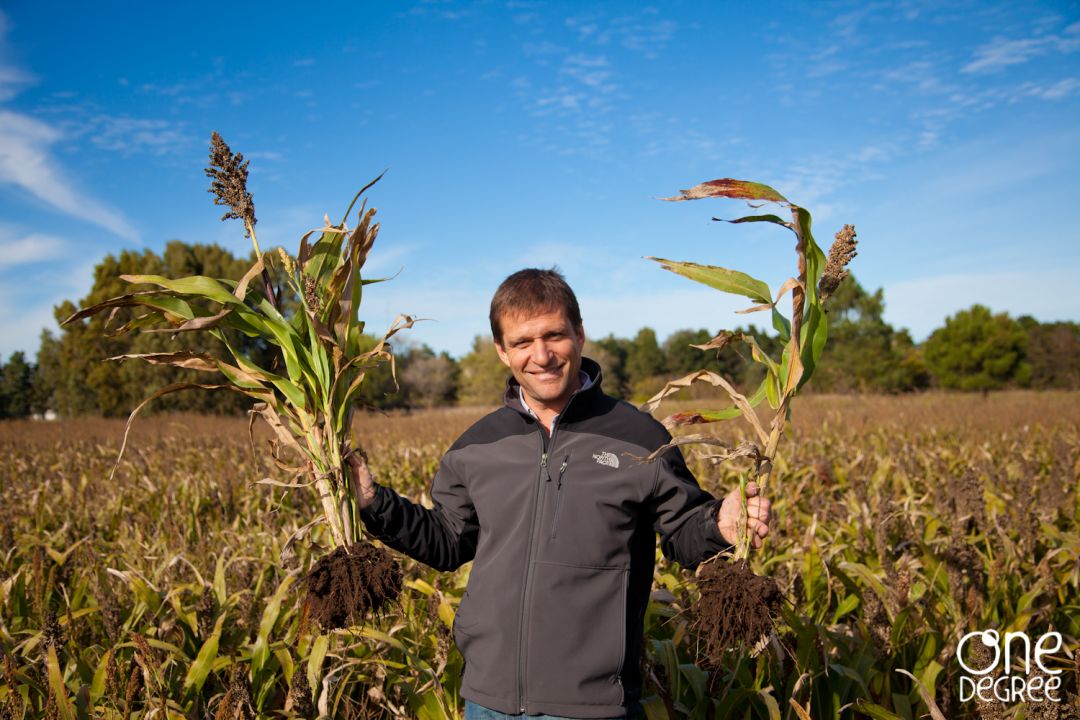
A highly-degreed agronomist who teaches courses at Universidad Católica Argentina, Diego is quick to emphasize the primacy of wisdom in growing healthy crops without conventional farming’s reliance on chemicals, compounds or genetically modified seeds. “The main tool to grow organically is use your head, be intelligent, know what you’re working at,” he says.“Conventional farmers have a recipe; organic farmers don’t have a tool or a recipe — it’s just experience and intelligence.”
Through his studies, Diego learned the importance of crop rotation in building nutrients in the soil. Through his own experience, he learned something not as well-known — that weeds can provide a rich natural fertilizer.
“Weeds give diversity to the field and help the crops grow,” he explains. “Some weeds bring phosphorus from the ground to the crop, another brings good insects that control the bad insects.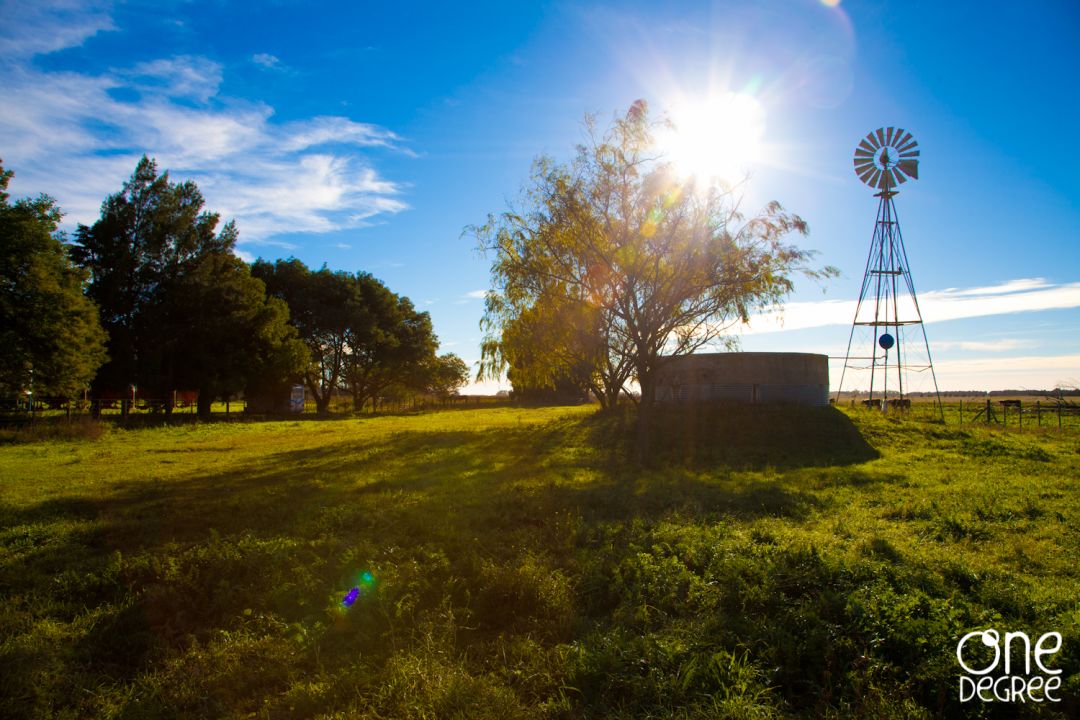
“I think about a field as an organism with elements that are part of a system. In a conventional field we have to think recipe and control. A system is the only way we can talk about an organic field. We don’t control it, we just manage it.
“The base to have a successful organic field is to have a rotation of crops. The rotation of crops is very important. We rotate with pasture crops or other crops depending on the season. Once we do that we give the soil enough nutrients and the biodiversity we need in the system to have a successful organic yield.”
Sorghum is an ideal choice for crop rotation, adding key nutrients to the soil. Diego often alternates his sorghum with oats, and also lets land lie fallow for extended periods of time. Increasingly, sorghum is also an ideal choice for the consumer market. With its low glycemic index and zero gluten, sorghum is more easily digestible than wheat varieties. Flour made from this ancient grain is the perfect substitute for wheat flour in many recipes. Out in the field, sorghum kernels mature without a protective hull, so there’s no outer layer to discard, no hull nutrients to be lost. Sorghum is colorful, and even fun. Its kernels can be popped just like popcorn, and may be white, yellow, brown, red or purple.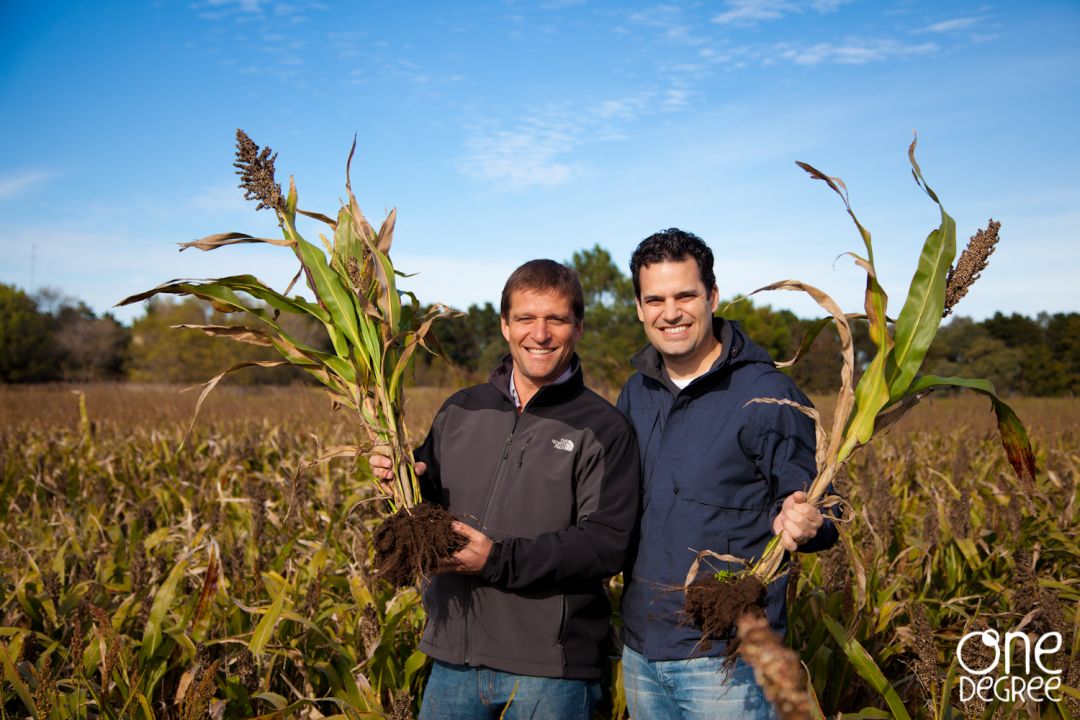
As an agronomist, Diego can readily list all the benefits for people and fields of white sorghum, the variety he grows. Yet spending a day with him on his farm is proof that he brings much more than an incredible depth of knowledge to his craft. Diego is also passionate about organic farming, and courageous in the stands he takes against some of the more dangerous conventional practices. The encroachment of GMO seeds is a particular concern. “When DDT was discovered to be bad, they just stopped producing it,” he says. “However with GMO seeds we don’t know what’s going to happen, and to just stop making them won’t change the effects they’ve already had.”
Most importantly, this devoted husband and father of four young children is intensely focused on producing an exceptional crop that will be safe, healthful and nutritious for his customers.
“First of all, because I am a farmer and a producer of food I have a responsibility to society. My responsibility is to grow healthy crops for people and maintain a healthy field without chemicals or pesticides. Some companies believe the most important thing is to produce large quantities of food. I am interested in producing high quality crops, not high quantity.
“With every harvest of sorghum from our rich organic fields, I can assure you of this: You are not going to find a higher quality in the world.”
— Charlie Dodge
